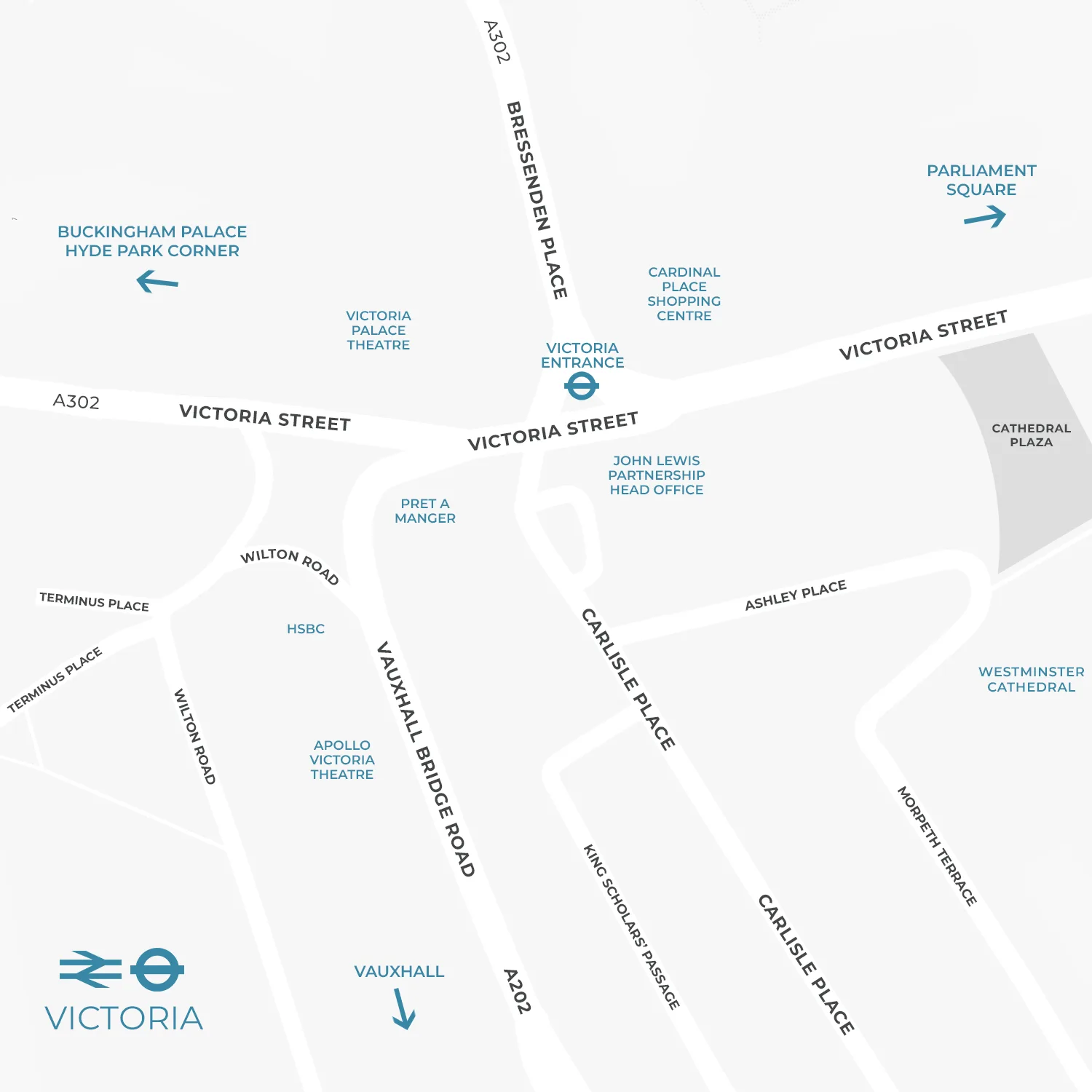Why Does My Arm Hurt? Causes, Symptoms, and When to See a Specialist
Arm Pain Can Have Many Causes
Arm pain is extremely common among office workers, athletes, and adults. Sometimes it’s caused by something simple—like muscle fatigue or tension—but in other cases it may point to more serious conditions, including nerve compression or even heart-related issues.
Understanding the cause is key to proper treatment. This guide explains:
- The most common reasons for arm pain
- Differences between right and left arm pain
- Symptoms that should never be ignored
- When to seek specialist help
What Causes Arm Pain?
Arm pain can originate from muscles, joints, nerves, tendons, or even blood vessels. The most common causes include:
1. Muscular & Joint Causes
- Muscle strain from overuse (exercise or desk work)
- Tendonitis (irritation of tendons in the shoulder or elbow)
- Frozen shoulder or rotator cuff injuries radiating pain down the arm
- Arthritis in the shoulder or elbow joints
2. Nerve-Related Causes
- Cervical spine issues (nerve compression in the neck causing tingling or pain down the arm)
- Carpal tunnel syndrome (wrist-related pain radiating upwards)
- Pinched nerves in the shoulder or neck
3. Circulatory & Severe Causes
- Poor circulation or vascular issues
- Heart-related pain (particularly left arm pain linked to cardiac symptoms)

Right Arm Pain: Common Causes
Right arm pain is usually musculoskeletal or nerve-related. Typical causes include:
- Muscle strain or overexertion (weightlifting, repetitive work)
- Cervical radiculopathy (nerve compression in the neck radiating to the arm)
- Rotator cuff injuries or shoulder instability
- Arthritis in the shoulder or elbow
If the pain is sharp, burning, or accompanied by neck discomfort, nerve irritation is a likely cause.
Left Arm Pain: A Warning Sign to Watch
While left arm pain is often caused by musculoskeletal problems such as tendonitis, frozen shoulder, or nerve compression, it can also be a warning sign of heart-related issues.
Cardiac Causes of Left Arm Pain
- Heart attack (myocardial infarction) – often presents with chest pain spreading to the left arm, jaw, or back
- Angina – reduced blood flow to the heart muscle, with recurring left arm aching during exertion
If you experience left arm pain with chest tightness, shortness of breath, dizziness, or nausea, seek emergency medical help immediately.
Why Do My Arms Ache or Feel Sore?
Aching arms are a frequent complaint and may be linked to:
- Overuse (carrying heavy loads, repetitive typing)
- Muscle fatigue from sport or daily activity
- Poor posture from long hours at a desk
- Shoulder inflammation (bursitis or impingement)
If aching worsens at night or when resting, it may suggest nerve compression or shoulder impingement.
Symptoms to Pay Attention To
The pattern and type of pain can reveal underlying causes:
- Sharp, shooting pain → often nerve-related
- Dull ache → more likely muscular or tendon-related
- Pulsing sensation → possible circulatory or nerve irritation
- Tingling or numbness → nerve compression (neck, carpal tunnel, or shoulder impingement)
- Sudden, unexplained left arm pain → possible cardiac issue (especially with chest symptoms)
When to See a Specialist
You should seek specialist advice if:
- Pain lasts more than a few days without improvement
- There is weakness, tingling, or numbness in the arm
- A joint appears swollen, red, or hot
- Left arm pain is accompanied by chest pain or shortness of breath (emergency situation)
Specialist Treatment Options
- Chiropractic care – relieves nerve compression, improves posture, and restores spinal alignment
- Rehabilitation – structured programmes for frozen shoulder or post-injury recovery
- Injection therapies – including corticosteroids, Prolotherapy, or PRP to reduce inflammation and stimulate healing
Home Remedies & Self-Care Tips
While waiting for an assessment, short-term relief can be supported with:
- Gentle stretching and mobility exercises
- Ice (for acute injuries) or heat (for chronic tightness)
- Ergonomic adjustments to your workstation
- Rest combined with gradual rehabilitation (not complete immobilisation)
- Over-the-counter anti-inflammatories (short-term, with medical advice if needed)
Don’t Ignore Arm Pain
Arm pain may be minor—or it may signal a more serious underlying issue. Getting to the root cause early is the key to successful recovery.
At Proback, our team provides tailored care for arm pain, from spinal and nerve-related causes to shoulder joint problems. By combining chiropractic care, rehabilitation, and advanced therapies, we focus on both immediate relief and long-term recovery.
Conclusion
Arm pain is a symptom you shouldn’t ignore. Whether it’s nerve compression, joint strain, or in rare cases a cardiac warning, professional assessment ensures you get the right care.
If you’re struggling with persistent arm pain, book a consultation with Proback. Our expert team will identify the true cause and create a personalised plan to restore mobility, reduce discomfort, and help you return to everyday activities with confidence.







